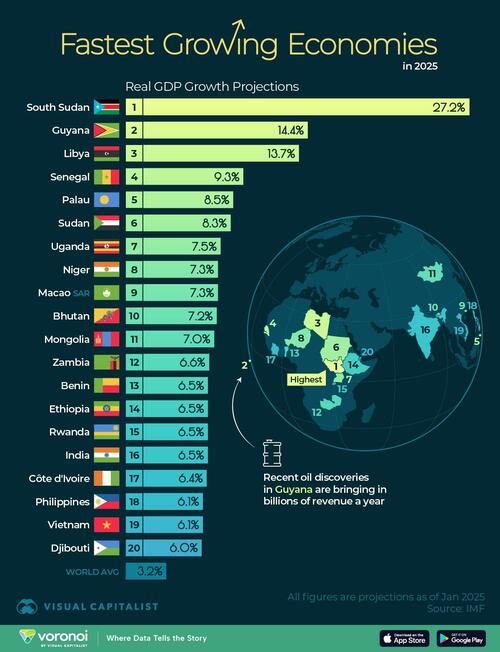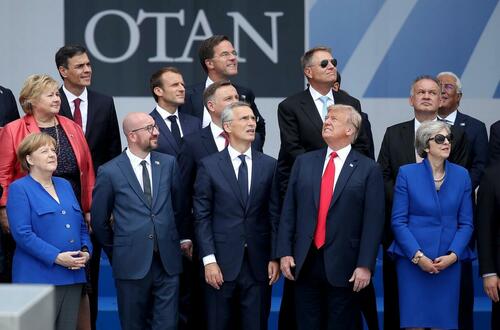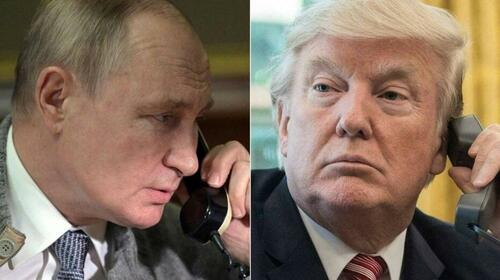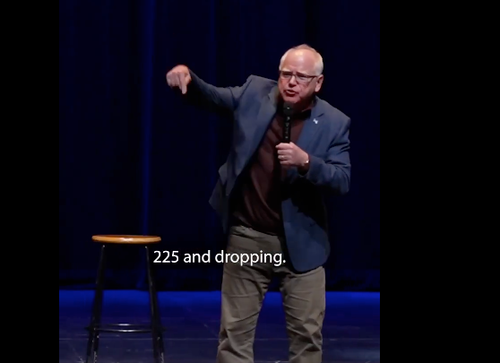Governance By 677 Gavels
Governance By 677 Gavels
Authored by Dave Carter via PJ Media,
Question: What’s the difference between a federal district judge and God?
Answer: God doesn’t think he’s a federal district judge.
Or as Winston Churchill once said, “There, but for the grace of God, goes God.” Imagine the sheer hubris and limitless ego needed for an unelected jurist to don a black robe and assume the power of commandeering the national security apparatus and tell an aircraft full of dangerous foreign terrorists to turn around and return back to America to terrorize. Did Commissar Boasberg get his black robe from Hogwarts?
Of course, there are a few problems with this, the first being purely logistical. If His Royal Awesomeness Commissar Boasberg is taking over the Venezuelan operation, that leaves the remaining 676 Commissars to split the remaining 194 countries into various principalities to accommodate their imperial administration.
However, I did see that another federal district commissar is assuming operational oversight of the Environment Protection Agency (EPA) to prevent it from ending a $20 million grant program begun by former President Biden even as another federal district liege has assumed control of military readiness by blocking President Trump’s ban on transexuals serving in the military. Still another federal district overlord says that Trump’s dismantling of the corrupt money-laundering machine known as the US Agency for International Development (USAID) is likely unconstitutional. History buffs will recall that the USAID clause is written in the Constitution next to the right to stick a fork in a baby’s head, which itself adjacent to the divine right of federal judges to appropriate the President’s Article II powers.
The logistical challenge of what to do with 677 otherwise idle Federal District Commissars having been solved by dispersing them, like the witch’s flying monkeys, throughout the Executive Branch, leaves only one remaining problem. No one elected these judges. They are not answerable to the American people, whom they hold in less esteem than foreigners with a knack for assaulting and murdering the innocent. As Deputy Chief of Staff for Policy and Homeland Security Advisor Stephen Miller wrote:
Currently, district court judges have assumed the mantle of Secretary of Defense, Secretary of State, Secretary of Homeland Security and Commander-in-Chief. Each day, they change foreign policy, economic staffing and national security policies of the Administration. The day the nation arises to see what the craziest unelected local federal judge has decided the policies of the government of the United States shall be. It is madness. It is lunacy. It is the gravest assault on democracy. It must and will end.
In his book, “The Devil’s Dictionary,” Ambrose Bierce defines law as “Compatible with the will of a judge having jurisdiction,” and he defines a lawyer as “One who is skilled in circumvention of the law.” That last little bit was conclusively demonstrated to me a few days ago when a lawyer acquaintance of mine wrote on social media that “[I]n 1798 Congress enacted the Alien Enemies Act, which specifically provides that when war is declared, the President can…





 pic.twitter.com/0ySUc9f9Xg
pic.twitter.com/0ySUc9f9Xg

 pic.twitter.com/U9tSEe0pCP
pic.twitter.com/U9tSEe0pCP


 pic.twitter.com/KBEh6pOZLW
pic.twitter.com/KBEh6pOZLW